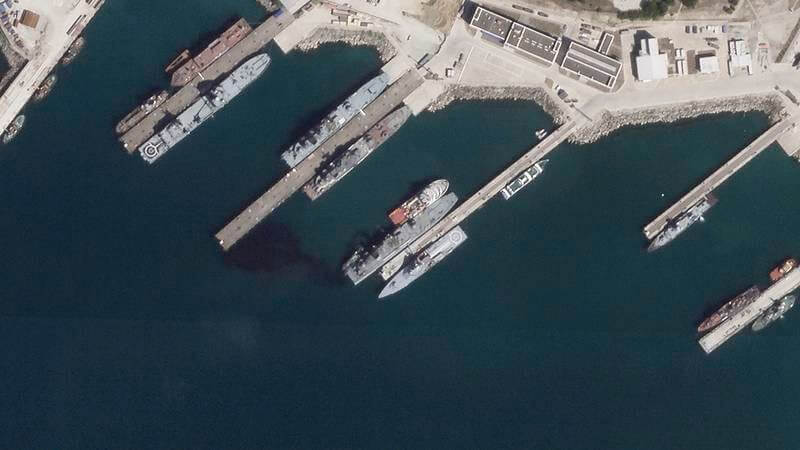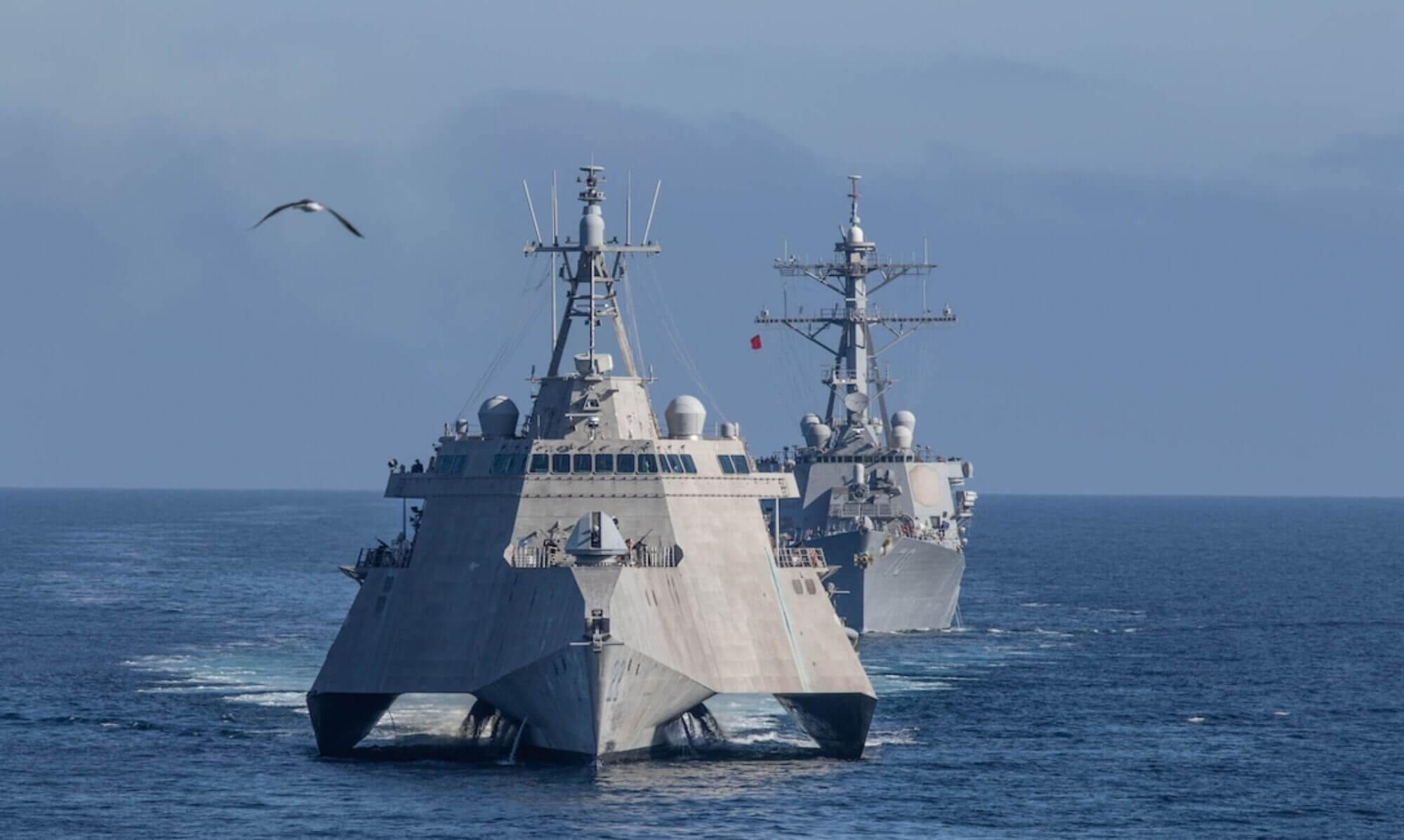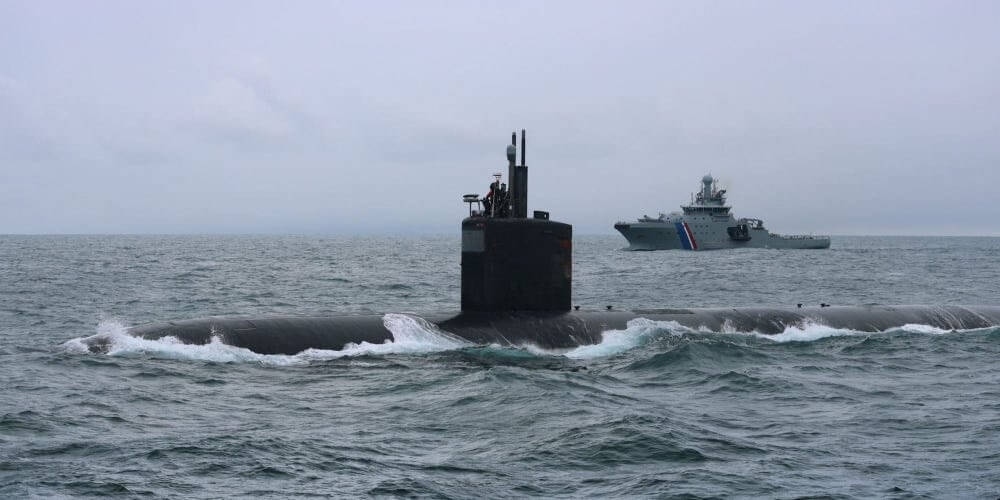
Introduction:
On August 4, 2023, a Ukrainian naval drone attacked a Russian Black Sea navy base at Novorossiysk, causing serious damage to a Russian warship. This marked the first time the Ukrainian navy projected its power so far from its shores.
Key Takeaway (credit to Reuters):
- A Russian warship was seriously damaged in the attack, carried out by two Ukrainian sea drones.
- The Olenegorsky Gornyak, a Russian Navy landing ship with around 100 Russian servicemen on board, was hit by a sea drone carrying 450 kilograms of TNT.
Summary
- Russia accuses Ukraine of naval drone attack on port
- Russian warship seriously damaged, civilian ship movement temporarily halted
- Ukrainian attack repelled, drones destroyed, but Russian warship incapacitatedThe attack shows a significant increase in Ukrainian naval range
- Tensions escalate in the Black Sea with repeated attacks on port facilities and grain silos
Analysis:
The attack highlights the growing capabilities of the Ukrainian navy and the escalating tensions in the Black Sea region. It signals a potential shift in the balance of power and the need for stronger naval capabilities.
Conclusion:
The Ukrainian naval drone attack on the Russian warship at Novorossiysk demonstrates the need for a stronger navy to defend against emerging threats in the region.
Support StrongerNavy.org:
For more information on the importance of a stronger navy to safeguard national security and address emerging challenges, visit StrongerNavy.org.


